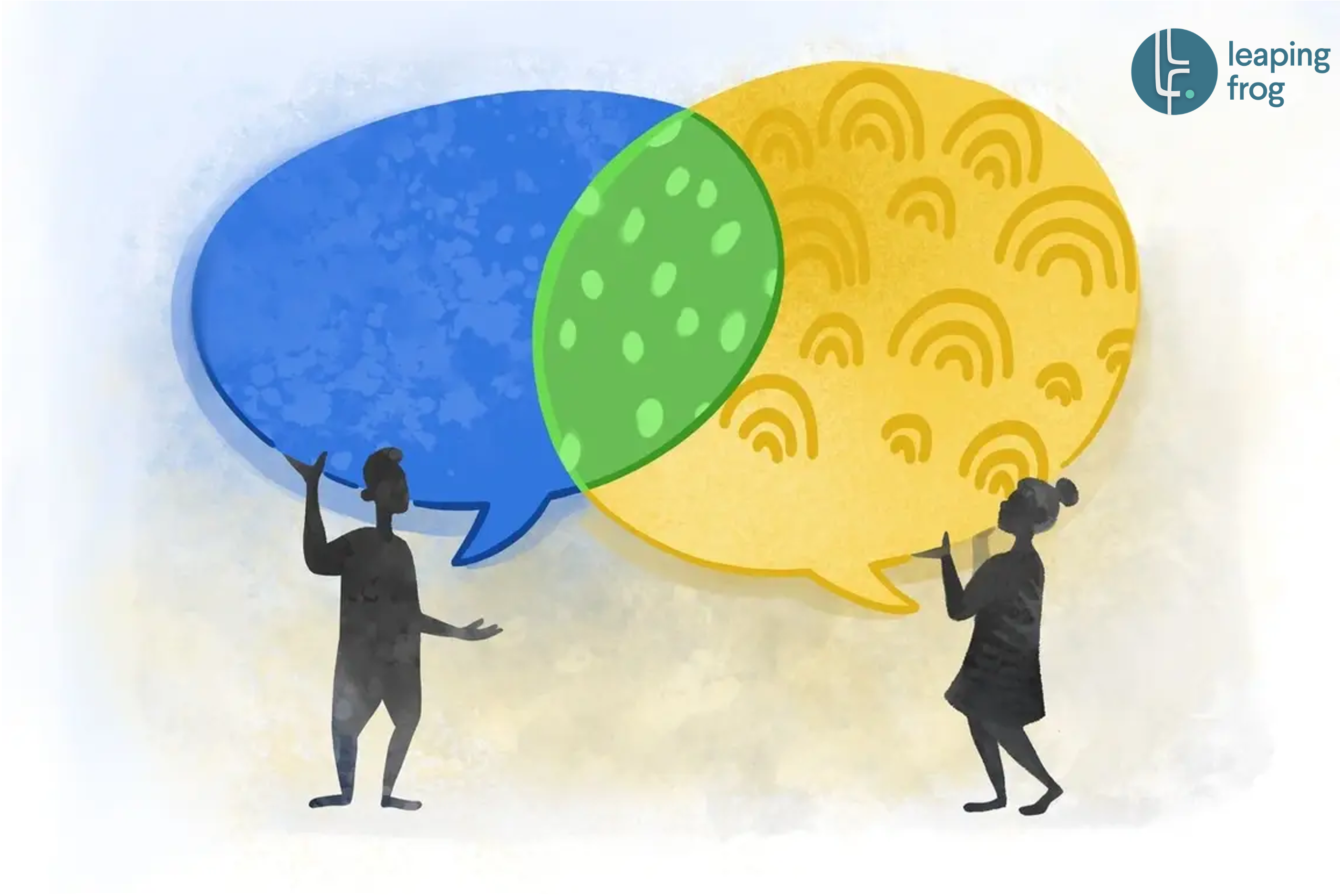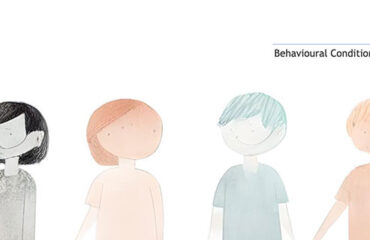
Conversations can create reality. When organisations encourage meaningful conversations, they echo far beyond mere words exchanged. They are the lifeblood that courses through the veins of organisational culture, shaping values, beliefs, and behaviours.
Studies have delved into the relationship between conversations and organisational culture, revealing compelling insights into their symbiotic relationship. Research by Cameron and Quinn (2011) emphasises the role of dialogue and posits that conversations act as a medium through which cultural norms and values are communicated, reinforced, and challenged.
Furthermore, a study published in the Journal of Applied Psychology by Gully et al. (2013) explored the impact of leader-member conversations on employee engagement and performance. The researchers found that frequent, high-quality conversations between leaders and employees were positively correlated with increased job satisfaction, motivation, and organisational commitment.
At Google, the practice of “Googlegeist” allows employees to provide candid feedback and engage in constructive dialogue about organisational issues. This culture of open communication fosters transparency, trust, and innovation, driving Google’s success as a workplace of choice.
Similarly, Southwest Airlines’ legendary “Southwest Spirit” is built on the foundation of frequent communication, humour, and camaraderie among employees. From the CEO’s open-door policy to the company-wide “Hotline” for sharing ideas and concerns, Southwest prioritises conversations as a means of fostering a sense of belonging and shared purpose among employees.
By facilitating dialogue around core values, vision, and strategic objectives, leaders can align employee behaviours with desired cultural outcomes. For instance, IBM’s “Jam” sessions bring together thousands of employees worldwide to engage in collaborative discussions on key business challenges and opportunities. These conversations not only generate innovative ideas but also reinforce IBM’s culture of inclusivity, collaboration, and continuous learning.
Furthermore, conversations are instrumental in addressing cultural barriers and fostering diversity, equity, and inclusion (DEI) in the workplace. Salesforce has implemented “Equality Circles” and “Ohana Groups” to facilitate open conversations about diversity-related issues and promote a culture of belonging for all employees.
Conversations are culture catalysts, shaping organizations profoundly. Fostering open dialogue cultivates vibrant, inclusive cultures where employees feel valued and empowered. As leaders embrace conversation’s transformative power, they pave the way for cultures lived and breathed in every interaction.




